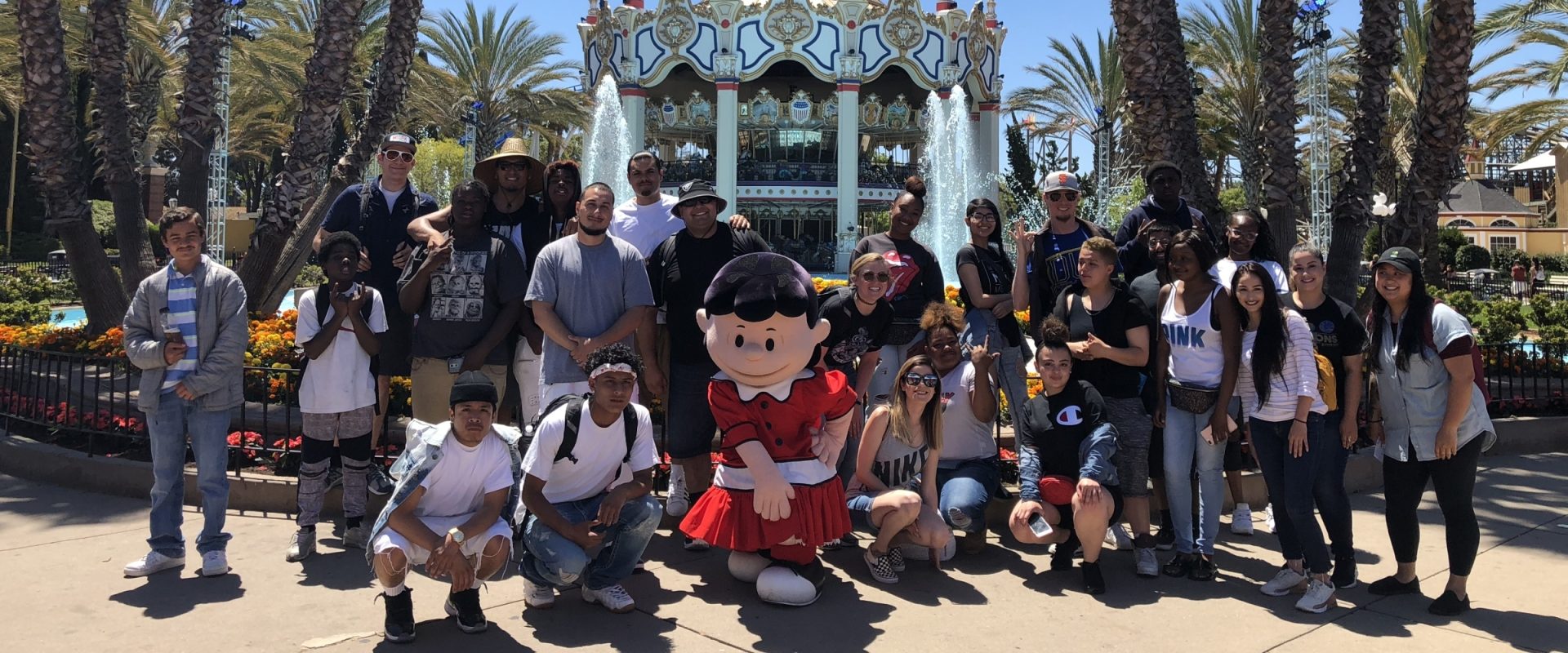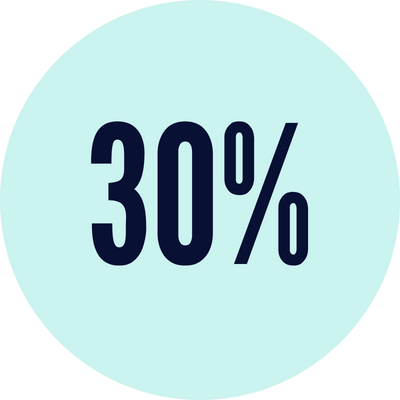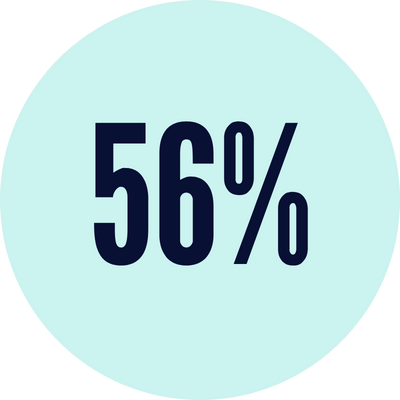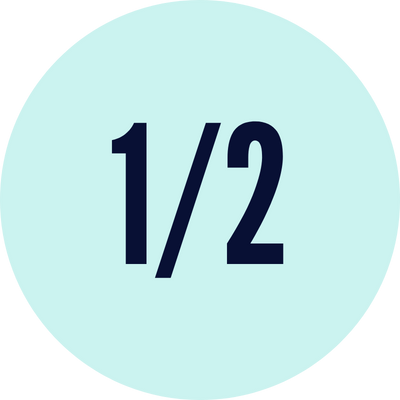We seek to work with the highest risk youth in the juvenile justice system.
Intensive case management and a comprehensive range of community services for youth
Eligibility & referrals
Referrals to the Detention Diversion Advocacy Program (DDAP) come from defense attorneys, courts, parents, or community-based service providers. DDAP targets individuals who have repeat convictions or are at high-risk to reoffend and have highly specialized needs, such as substance abuse, educational difficulties, or gang involvement.
CJCJ staff meet with their potential clients first and, after an initial screening process, develop case plans to present to the court. The case plan describes the specific conditions and outcomes the youth promises to fulfill in exchange for, or upon release from, custody. In at least 75% of the cases, CJCJ is successful in having the youth released to CJCJ or another community-based organization’s custody.
To make a referral or a request for services please contact ddap@cjcj.org (this email is monitored daily for referrals) or contact Booker Gray, Assistant Director, Juvenile Justice Services at bgray@cjcj.org
How it works
A case planner meets a detained youth to develop a case plan to present to the court. Once a youth is released to CJCJ’s custody, DDAP can employ an intensive case management strategy to implement the designated case plan. DDAP staff connect their clients to a range of community-based services. DDAP staff conduct face-to-face visits. Staff act as role models and mentors, providing stable and encouraging support structures for their clients. According to a United States Department of Justice study in 1999, DDAP participants were 26% less likely to recidivate when compared to detained youth. In 2002, the Center for Excellence in Municipal Management of George Washington University, evaluated the Philadelphia Detention Diversion Advocacy Program (DDAP), finding that only 6% of DDAP clients were rearrested. Additionally, 4% of the DDAP clients were reported to have missed a court date during their time under DDAP supervision.
An independent evaluation of CJCJ’s DDAP comparing DDAP clients with similar high-needs youth who were referred to the San Francisco Juvenile Probation Department but did not receive DDAP services found that of the 76 DDAP clients compared:
A National Model
In 1993, CJCJ developed DDAP to reduce unnecessary youth detention and lengths of stay, and to increase community engagement with youth coming out of the juvenile justice system. DDAP was the first evidence-based pre-adjudication diversion program for high risk youth in the nation. By targeting the highest risk youth in San Francisco’s juvenile detention center, the program was able to avoid the common problem of “net-widening” that commonly undermines traditional diversion programs. Using a combination of assessment, planning and intensive case management, DDAP is recognized as a national model by the United States Department of Justice.
CJCJ assist jurisdictions and agencies around the country to replicate DDAP. We are proud to say that DDAP has been replicated in numerous cities, including Philadelphia, Baltimore, the District of Columbia, and Oakland, as a vehicle for reducing detention populations and promoting systemic juvenile justice reform. The program was also replicated by the Robert F. Kennedy (RFK) Children’s Action Corps in the City of Boston, with technical assistance from CJCJ. In July of 2006, the RFK Corps received a Meritorious Achievement Award from the Massachusetts Executive Office of Public Safety for their DDAP program.
CJCJ has received numerous awards for DDAP, including:
- 1993: Diversity Award from the Center for Human Development
- 1993: Agency of the Year Award from the
San Francisco Delinquency Prevention Commission - 1998: Semifinalist for the Kennedy School of Government Harvard University Innovations in Government Award
- 2002, 2005, 2022: Recognized by the U.S. Office of Juvenile Justice and Delinquency Prevention (OJJDP) as a national model of evidence-based practice for alternatives to juvenile detention
Contact:
Booker Gray -Director of Juvenile Justice Services
bgray@cjcj.org
Tel: (415) 621‑5661 x. 106
Fax: (415) 621‑5466
Cell: (415) 505‑5492



